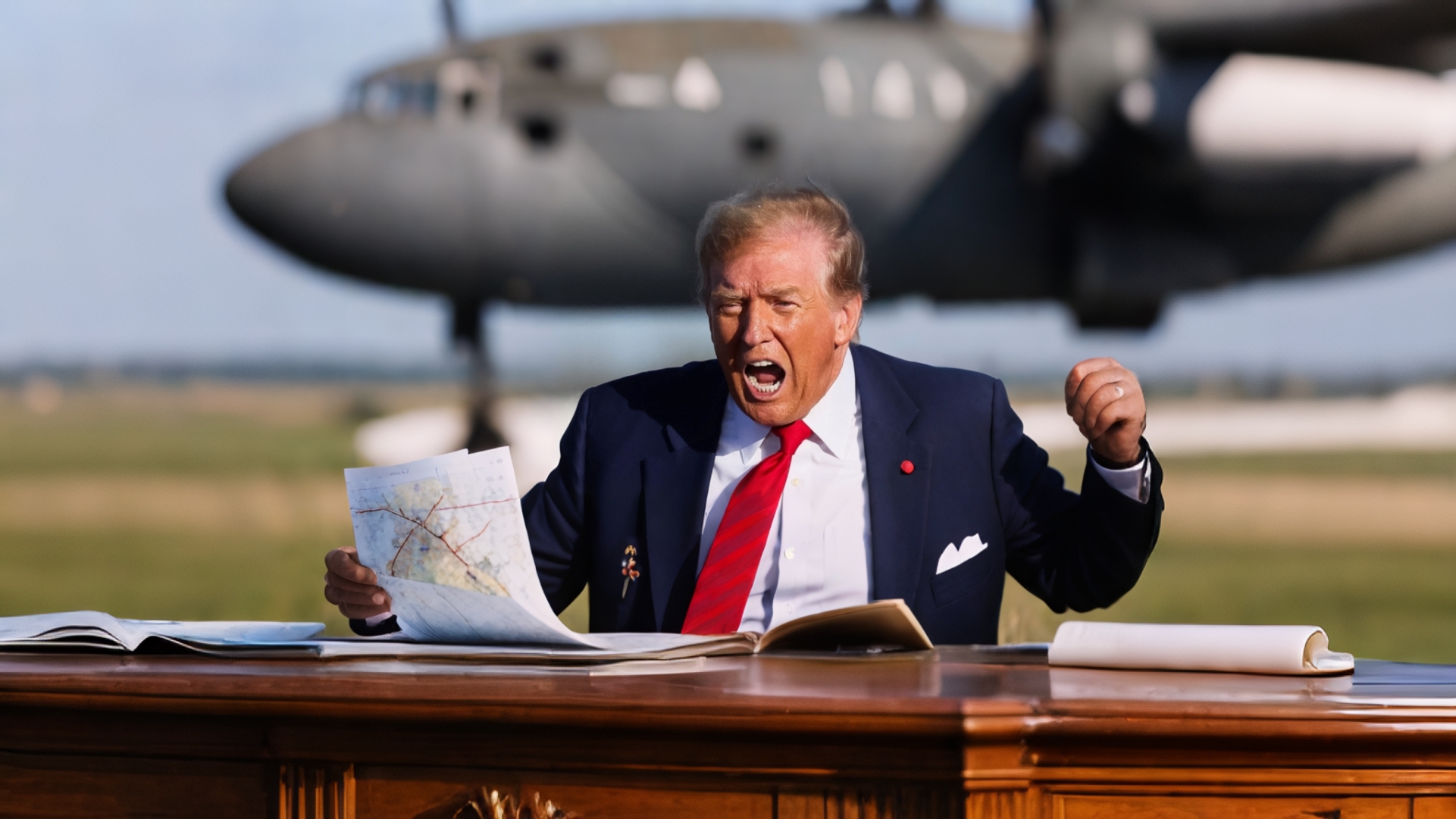
...
A significant security lapse within the Trump administration has resulted in the exposure of highly sensitive war plans, sparking widespread concern among lawmakers and international observers. The incident, which involved the accidental inclusion of a journalist in a private messaging group discussing a potential bombing campaign in Yemen, has ignited a firestorm of criticism regarding the administration's operational security and adherence to international protocols.
Imagine the shockwaves rippling through global capitals as classified military plans, intended for the highest levels of government, are inadvertently shared on an unsecured messaging platform. This breach raises profound questions about the competence and judgment of those entrusted with national security.
This report delves into the details of the security breach, examines the reactions from key political figures, and analyzes the potential implications for international relations and national security. We will also explore the legal and ethical ramifications of this unprecedented incident.
The Unsecured Channel: Signal and Sensitive Discussions
According to reports from The Atlantic, senior Trump administration officials, including Defense Secretary Pete Hegseth, Vice President JD Vance, Secretary of State Marco Rubio, CIA Director John Ratcliffe, Director of National Intelligence Tulsi Gabbard, and Stephen Miller, were using the third-party messaging app Signal to coordinate these sensitive plans. The revelation that such critical discussions occurred on a non-secure platform has drawn immediate condemnation.
- Unsecured Platform: The use of Signal, a self-deleting messaging app, for highly sensitive communications is deemed a major security risk.
- Accidental Exposure: The accidental inclusion of a journalist in the messaging group led to the exposure of these war plans.
- High-Ranking Officials: The involvement of numerous top officials indicates a systemic failure in security protocols.
Political Fallout: Calls for Investigation
Lawmakers from both sides of the aisle have expressed outrage over the security breach. Rep. Pat Ryan (D-N.Y.), a West Point graduate and combat veteran, described the situation as "FUBAR" and called for immediate congressional hearings. Sen. Ruben Gallago (D-Ariz.), a Marine Corps veteran, labeled the incident "amateur hour," highlighting the administration's perceived incompetence.
- Congressional Hearings: Lawmakers demand immediate investigations into the breach.
- Operational Security (OPSEC): Rep. Betty McCollum (D-Minn.) emphasized the need to understand if the inappropriate use of Signal is a widespread practice.
- Espionage Act: Concerns have been raised about potential violations of the Espionage Act.
International Implications: Damaged Trust
The security breach has significant implications for international relations, potentially damaging trust with intelligence-sharing partners. The sharing of sensitive military plans on unsecured channels could lead to the withdrawal of support and intelligence from allied nations.
- Intelligence Sharing Agreements: Compromised security could jeopardize vital intelligence partnerships.
- International Law and Norms: Potential unilateral military action could contravene international treaties.
- Global Concerns: The incident has raised concerns about the Trump administration's credibility on the international stage.
Legal and Ethical Ramifications
The unauthorized disclosure of classified information raises serious legal and ethical questions. The potential violation of the Espionage Act and the breach of operational security protocols underscore the severity of the incident.
- Espionage Act: Unauthorized disclosure of classified information could be a violation.
- OPSEC Protocols: The sharing of plans on an unsecured platform contradicts established security protocols.
- National Security Threat: The compromise of active war plans poses a significant threat to national security.
This security breach has cast a shadow over the Trump administration, raising serious questions about its competence and adherence to security protocols. The potential consequences for national security and international relations are profound, and the world is watching closely.

Add new comment